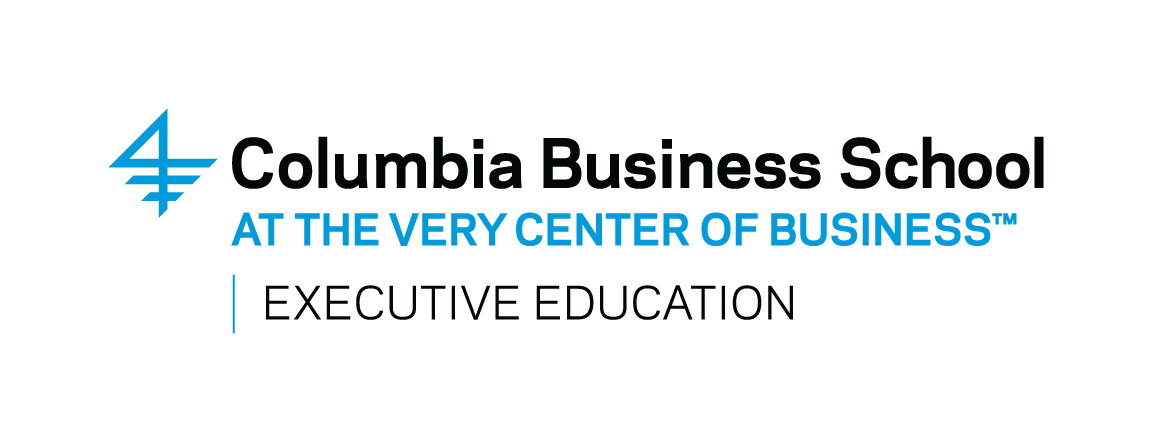- Learning
Developing Healthcare Entrepreneurship
Entrepreneur and Columbia EMBA alumnus David Kim is making healthcare more accessible and convenient
An interview with Columbia Business School EMBA alumnus David Kim:
Your professional background is a bit different than many MBAs, right?
Yes, I finished my undergrad at Columbia in 1990 and graduated as an industrial engineer. I worked for Arthur Andersen, primarily in the operation consulting division, for three years. Then I did a Columbia post-baccalaureate program to take biology so that I could apply for medical school.
I went to med school and graduated in 1999 from SUNY Downstate Brooklyn, where I also met my wife. We got married during my second-year of residency while we were both at Long Island Jewish Hospital. I was an emergency medicine resident, and she was a radiology resident at the time. After residency, I became an attending physician for North Shore Long Island Jewish Hospital. So I was working nights in the ER when I started my first business, an urgent care called Premier Care, in 2007.
What made you want to start your own business?
I was an operational engineer, and the emergency rooms were very inefficient.
I started Premier Care with a fellow ER doctor in Lynbrook, Long Island. We had to learn everything about running a business — about credentialing, contracting, billing, marketing, hiring, staffing, and the back-office operations of a medical practice. But no one else was providing urgent care like we were in 2007. So people noticed, and my second partner was Dr. Richard Park, who is now the CEO of CityMD. We opened a second practice in Levittown, NJ, in 2009. The swine flu hit, and even though we were busy, we were able to see our patients within 15 minutes. Our patient-load tripled in volume, and we were able to keep up.
So Rich took the model and opened up CityMD — eight locations — in Manhattan. Premier stayed in Long Island, and we opened 10 more centers there. We merged the two companies in 2013. Then just this year, in 2017, a second private equity company bought a piece of our business. I also started a new company called Progressive Emergency Physicians, which is an ER staffing company. We took over one hospital in October 2013, and today we have five contracts with five different hospitals; that’s 120 clinicians. In September 2014, I co-founded another company, Dental365, which now has 14 locations and over 200 employees. We offer dental care 365 days a year and during off-hours in the evenings and on weekends.
So you’ve really made a career out of making healthcare more convenient and accessible.
That was my strength: having worked as a physician, I knew what patients wanted most. And most patients want convenient access to healthcare. Unfortunately, up until the urgent care boom, there weren’t a lot of companies that were really giving access to medicine at the convenience of the patient. So we’re filling that niche, essentially.
You were already a successful business owner. What led you to Columbia Business School? What was the most beneficial part of the EMBA program for you?
I was interested in starting a healthcare fund and wanted to learn more about finance. That was my area of weakness. So I started at Columbia Business School in January 2016 and graduated in August 2017. I found all my courses very interesting from the beginning, and my teachers were amazing. My two favorite classes were corporate finance with Professor Donna Hitscherich and entrepreneurial finance with Dean Glenn Hubbard. Those two classes have definitely been instrumental in my development as someone who wants to invest in other companies. But I also loved working with 30 other students each month and the personal relationships that developed with like-minded, good-natured people.
What are you doing now?
I’ve started a healthcare fund based on the same philosophy of what I’ve been doing for the last 10 years: helping healthcare service companies grow. I have a number of my former CityMD partners investing in what will hopefully be a $50-$60 million fund to start. We’re investing in the micro-to-small healthcare service companies and helping guide them to the next level — for instance, clients might include a psychiatry company, veterinarian company, or a dermatology aesthetic company; any business that shares our goal of making healthcare more accessible and convenient. We plan to launch in January 2018.
What’s your biggest piece of advice for new students?
I would say just make sure to spend time with your classmates because as much as there’s an education to get from your teachers, you learn just as much from your friends in the program. I feel like we’re going to have lifelong friends that we can reach out to and talk to about our issues. What’s nice about the EMBA program is that all of us were in the same boat, juggling full-time jobs, family pressures, etc. It was refreshing to be around so many people who worked so hard. You learn a lot about people under that type of pressure, and luckily for our group, I saw the really good sides of all my fellow classmates.
Columbia Business School is the only Ivy League institution that delivers a learning experience where academic excellence meets real-time exposure to the pulse of business in New York City.
ARTICLES YOU MIGHT LIKE
VIEWPOINT
For Thomas Misslin, transformation rather than training is the aim of executive education at emlyon business school
DEVELOPING LEADERS QUARTERLY MAGAZINE AND WEEKLY BRIEFING EMAILS


































